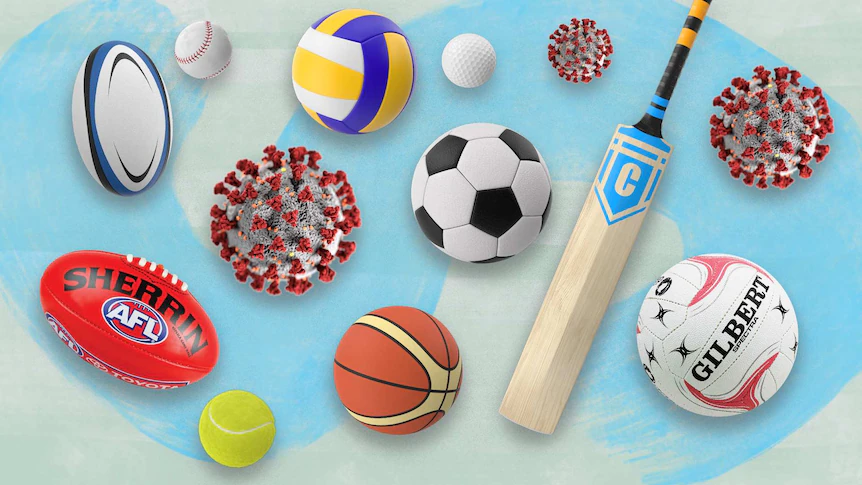People who play sports benefit from physical exercise that strengthens muscles and bones, helps control weight, reduces the risk of disease, and improves brain health. They also experience psychological and emotional benefits from participating in team sports.
In addition, playing sports at a young age is important for healthy life as it promotes a high level of physical activity in later life [173]. It also leads to positive social and mental development.
Social Interaction
Most sports have a team element to them, so children participating in these activities will learn how to interact with others in a positive way. This is a vital skill set to have, as it will help them later in life with the development of relationships and the ability to work effectively with others.
Children also learn how to channel their negative emotions in a more positive manner, as well as learning patience and understanding that it takes time to improve skills. They will be able to take these skills with them into their non-sporting lives and use them in a variety of situations. For instance, they can use their patience and understanding of how to work with a team in the classroom at school and when doing extracurricular activities. These skills are essential to a child’s success. They can also apply these to their career choices and their other hobbies. This helps them to live a fuller and happier life.
Self-Esteem
A healthy sense of self-esteem helps you make good decisions and accept yourself. People with low self-esteem tend to criticize themselves when they make mistakes and disregard compliments. They also tend to be all-or-nothing thinkers, which means that one bad experience can have a big impact on how they see themselves.
Regularly participating in sports can help you build a strong foundation of positive thoughts about yourself. You become stronger and more skilled over time, which gives you a sense of pride and confidence that translates well off the field.
In a study of children’s participation in team sports, parents reported that improving physical health and having fun were the top reasons for their kids to play [47]. Shy children who participate in club sport regularly over time have lower anxiety levels than other kids. This is thought to be a result of building social connections and learning to be a good teammate. The same was found in studies of adults who participate in extracurricular sport.
Stress Relief
The importance of physical exercise for improving general health and fighting disease has long been recognized, and doctors always encourage patients to remain physically active. In addition to reducing fatigue and improving alertness and concentration, regular exercise can help reduce stress. It can also be very effective at relieving the tension that results from PTSD or trauma.
Whether you’re playing sports, working out at the gym, or just taking a brisk walk, any physical activity stimulates neurotransmitters that induce feelings of pleasure and happiness. This is especially true of team sports. These activities give you a chance to unwind in a recreational setting with friends while doing something fun and satisfying.
Adding team sports to your weekly routine can provide significant mental benefits that last a lifetime. A study published in the Journal of Adolescent Health found that kids who played high school sports were less likely to experience depression or anxiety as young adults.
Better Sleep
Sports improve sleep because they make you exert yourself physically, tire you out and leave you ready for bed. Also, some sports (such as cardio) stimulate the secretion of certain hormones that keep you calm and can help regulate your body clock.
In fact, some studies suggest that light sports can be as effective as antidepressants for boosting mood and improving sleep. The key is to find the right sport for you, and be consistent with your training and practice so that you can develop a good habit.
Another mental health benefit of sports is that it teaches you to think and act quickly, improving your judgment and enhancing your ability to analyze a situation. This is a vital skill in many areas of life, including your career and relationships. It also helps you stay focused on the present, which can reduce stress and depression. The best way to get these benefits is by playing a team sport, but even playing solo sports like golf or tennis can have mental health benefits.




